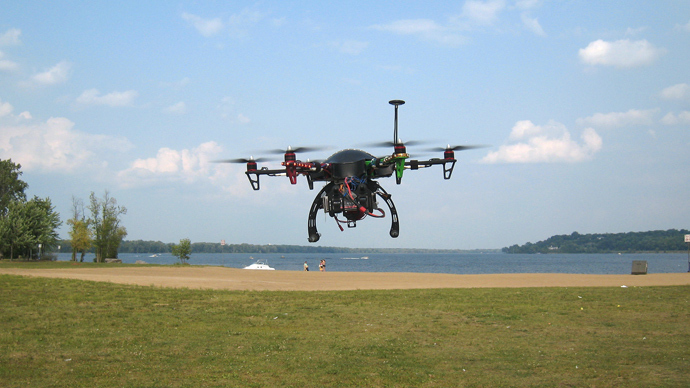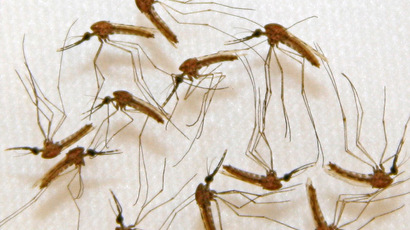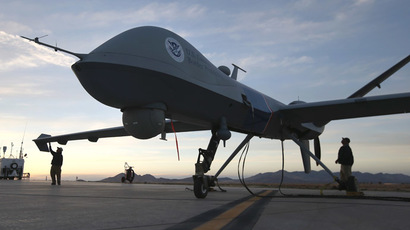Texas restricts civilian drone usage, leaves exclusive rights to authorities

Texas has recently become one of the states that has limited the use drones by citizens in civilian airspace tipping the scales in favor of law enforcement use of unmanned surveillance.
The law that was adopted in May came into force this September,
making private use of drones without proper permission from the
authorities punishable by a fine up to $500. The legislation,
House Bill 912 also imposes civil penalties of up to $10,000 for
those who improperly photograph or filmed someone else’s private
property with the intent to distribute and commit malice.
“A person commits an offense if the person uses or authorizes
the use of an unmanned vehicle or aircraft to capture an image
without the express consent of the person who owns or lawfully
occupies the real property captured in the image,” the
legislature reads.
Starting September 1, it has become a Class C misdemeanour to use
a drone for surveillance without prior consent of the individual.
Distributing any images captured as a result of such activity
will be a class B misdemeanour.
“The privacy and property rights of Texans, it is important
that specific safeguards are put into place which govern the
purpose and manner in which drones may be used,” said Lance
Gooden, the bill’s author.
However, the use of drones by law enforcement fall under more
than 40 exemptions of the Texas Privacy Act and can be used by
police to pursue felons or conduct criminal investigations.
Surveying accidents and natural disasters will also be permitted
but using drones to investigate misdemeanours will require a
warrant.
Private companies, such as news crews that have permission from
authorities can use unmanned vehicles to monitor any major news
activity.

Virginia became the first state to pass legislation restricting
drone usage, but has issued a two-year moratorium to review the
privacy implications. Five other states also passed drone
restrictions. They include Idaho, Illinois, Florida, Montana and
Tennessee. Another 31 US states are actively considering drone
legislation.
The US Congress has asked the Federal Aviation Administration
(FAA) to grant drones access to domestic airspace by 2015.
The FAA estimates that 10,000 commercial drones will take to the
skies by 2020 after, with $94 billion spent over the course of 10
years.
“Once enabled, commercial UAS markets will develop. There are
many potential ways for a company to generate revenue from UAS
applications, whether from new markets or more efficient
applications in established markets. Based upon the expected
regulatory environment, FAA predicts roughly 10,000 active
commercial UASs in five years,” states the FAA Aerospace
Forecast for Fiscal Years 2012-2032.














